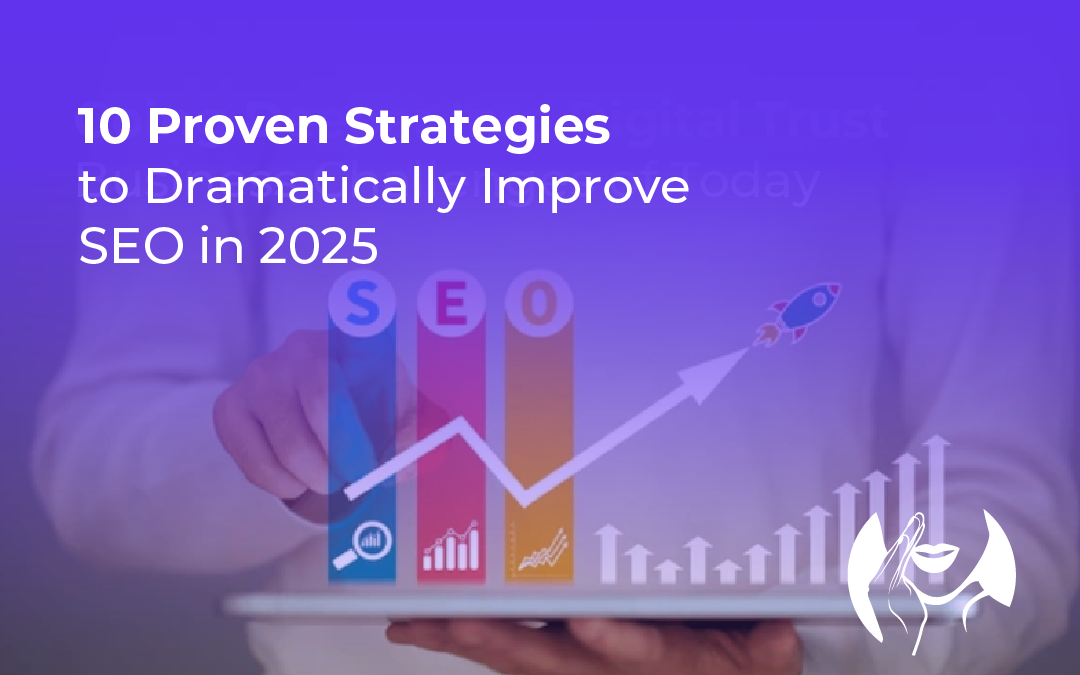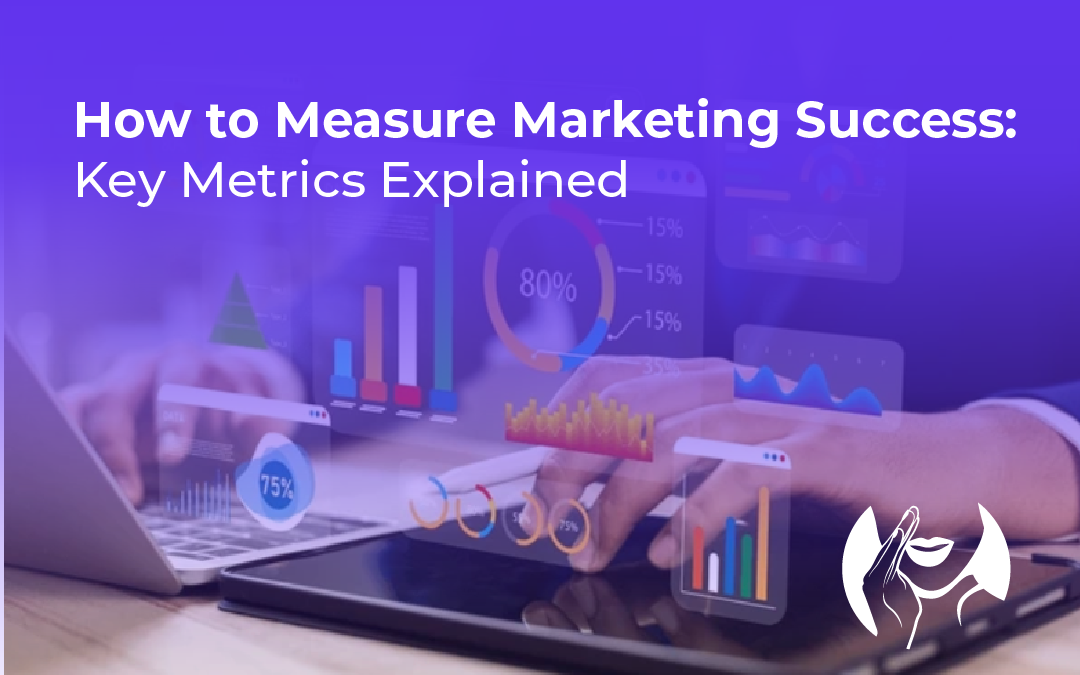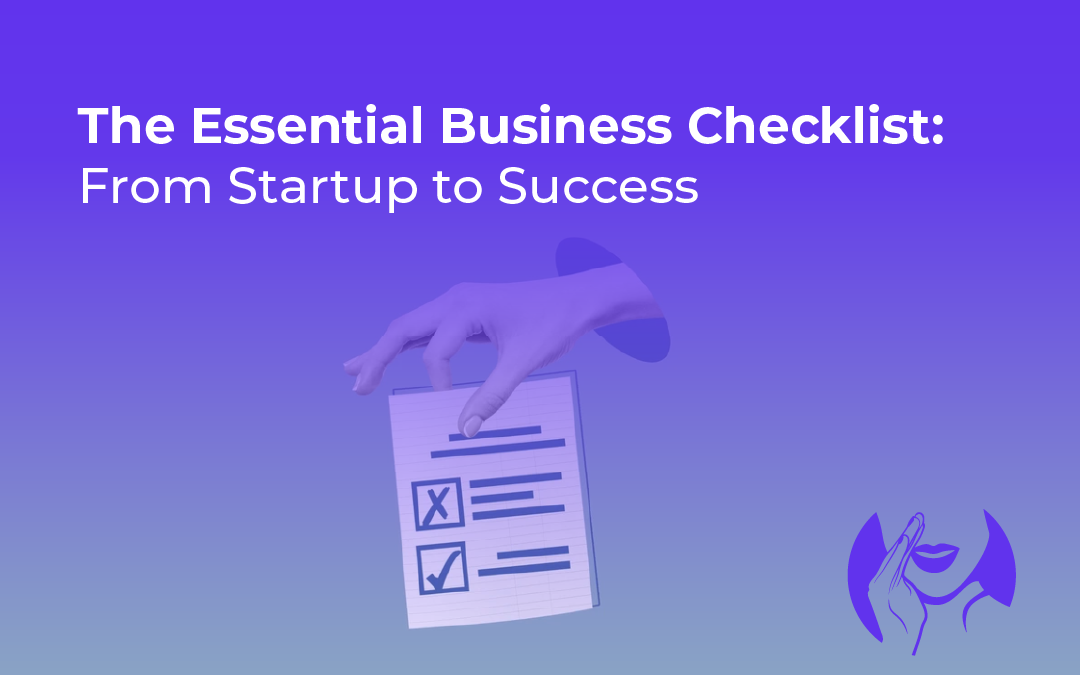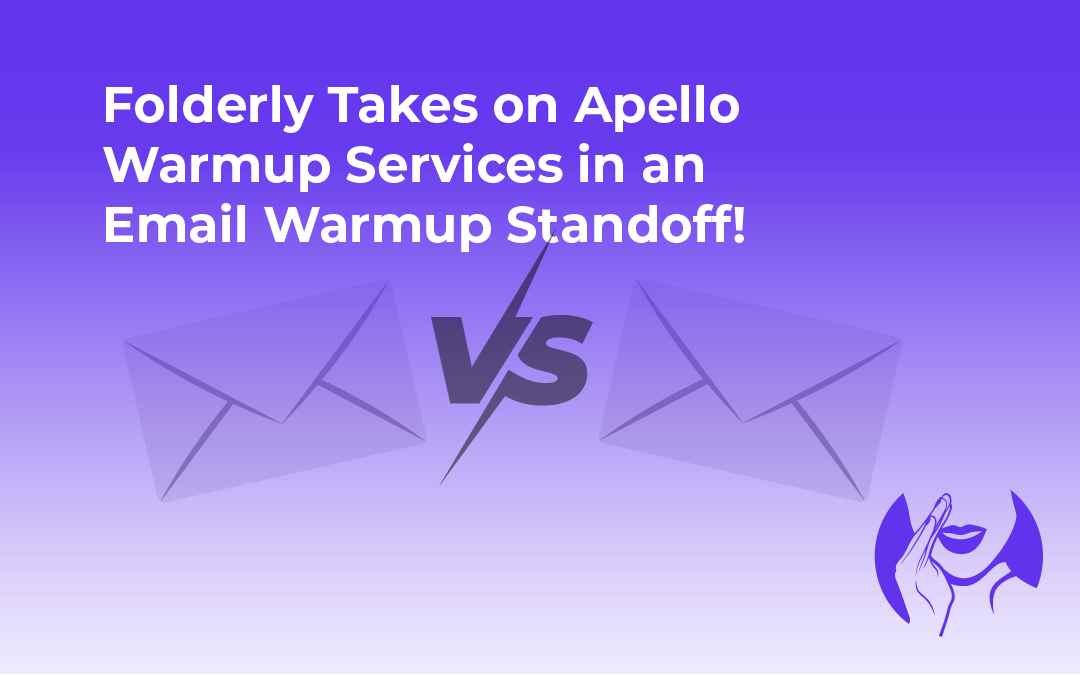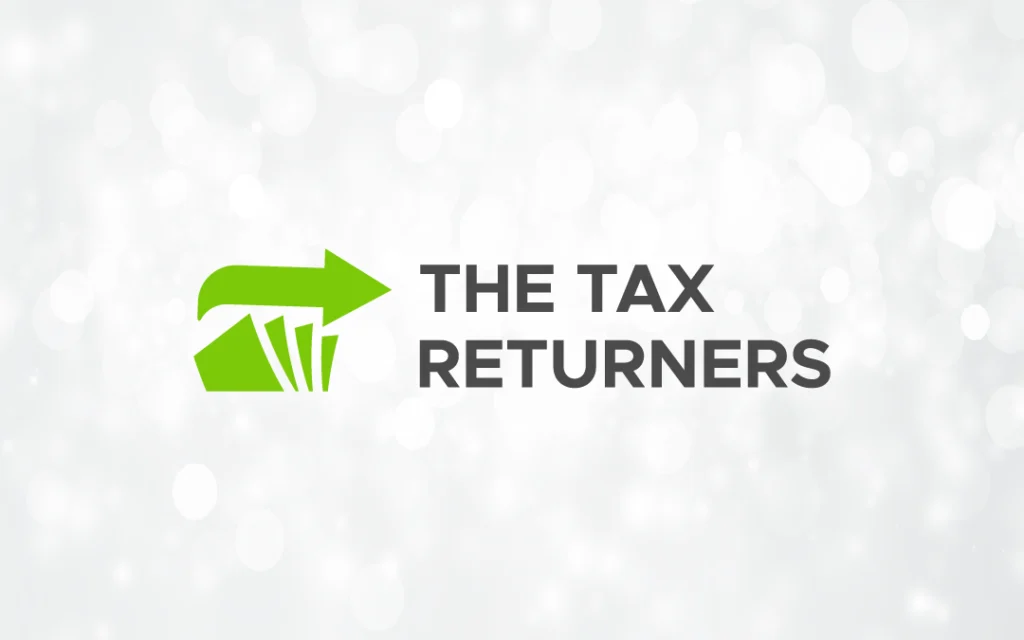For eleven years, we’ve been preaching this gospel of business credit. Amen, hallelujah?? And while we’re jumping and skipping during these revivals, you have to wonder — do we really know what business credit is?
Ask yourself how this fits into your big corporate picture, for starters (or startups). Are you looking to accelerate inbound marketing? What about sustainability? Office supplies? Other investments? What will make your corporate machine work in the long run?
You can ask all the questions you want until you’re blue in the face, but you’ll need a basic breakdown of business credit before you can put just one foot forward. So if economic freedom for your organization’s the priority, take notes. Follow below.

Table of Contents:
What Is Business Credit: Unlocking Growth
For years, I’ve championed the power of content and inbound strategies. At Content Hacker, my belief in AI-driven content has been instrumental. I’ve partnered with Content at Scale in this vision. What is business credit? Business credit is your company’s ability to borrow money based on its financial history. People tend to gauge the credibility of the source before everything else, and its reliability counts big time in building that trust. It’s like personal credit, but on an enterprise level. Having a business bank account helps keep your finances separate, as advised by the Small Business Administration (SBA).
Why Business Credit Matters
Building strong business credit opens doors to better financing options. We craft shrewd deals that bring interest rates crashing down and secure you exceptional terms with suppliers – transforming savings into savings squared. Crunch the numbers and secure a solid future for your company: you can’t buy success with ordinary financing. Consider everything from the cost of goods and supplies to rent and unexpected setbacks.
Don’t treat people like inventory levels at a trendy ecommerce startup – people are partners not peripherals if you think critically. Investment says: everyone counts, growth opportunity goes through colleagues constantly enriched knowledge through accessible networking systems toward better collective decision quality staying away solely around staff. Staffing up is an inevitable part of scaling up – it’s how businesses adapt to increased demand. Extricating oneself from shoestring budgets

is seldom feasible without injecting new capital. Sometimes you need a cash injection to upgrade your equipment or physically expand your business. Expansion dreams aren’t reachable without substantial capital backing. Many recognize a missing segment in their respective payment stacks and choose cards to fill narrow voids, achieving resounding dividends overall despite limited leverage historically leading to underachieved balances with limited versatility ultimately rendering cards much more pricey amidst better viable alternatives bolster widespread sentiment negating them across several different accounts resulting though certain markets prove financially friendly.
A good business credit score is like your company’s financial passport ( explained by the CFPB ). Lenders take notice when it’s on the scene, and investors can’t help but take an interest. You can build business credit to access capital.
How Business Credit Works
Business credit relies on a credit profile, encompassing payment history and outstanding debt. Finance nuances often involve how much debt you owe relative to your total available credit. Credit bureaus compile these factors. Research from Manta and Nav revealed 72% of business owners don’t know their business credit scores. Behind every financial decision, there’s a number: your credit score. Many assume it’s complicated, but the truth is, it’s essentially a number that translates your borrowing behavior into a graded assessment for lenders and suppliers.
Think of lenders, suppliers, and creditors as gatekeepers. They use this score when deciding to offer funding or contracts. Without a credit file, your startup’s financial opportunities are limited; by establishing one, you’ll open doors to business credit cards and future financing.
Building Your Business Credit: A Step-by-Step Guide
Ready to elevate your financial standing? Here’s your road map: take these steps and you’ll reach your goal. A business credit report will give you the credit rating needed to establish business.
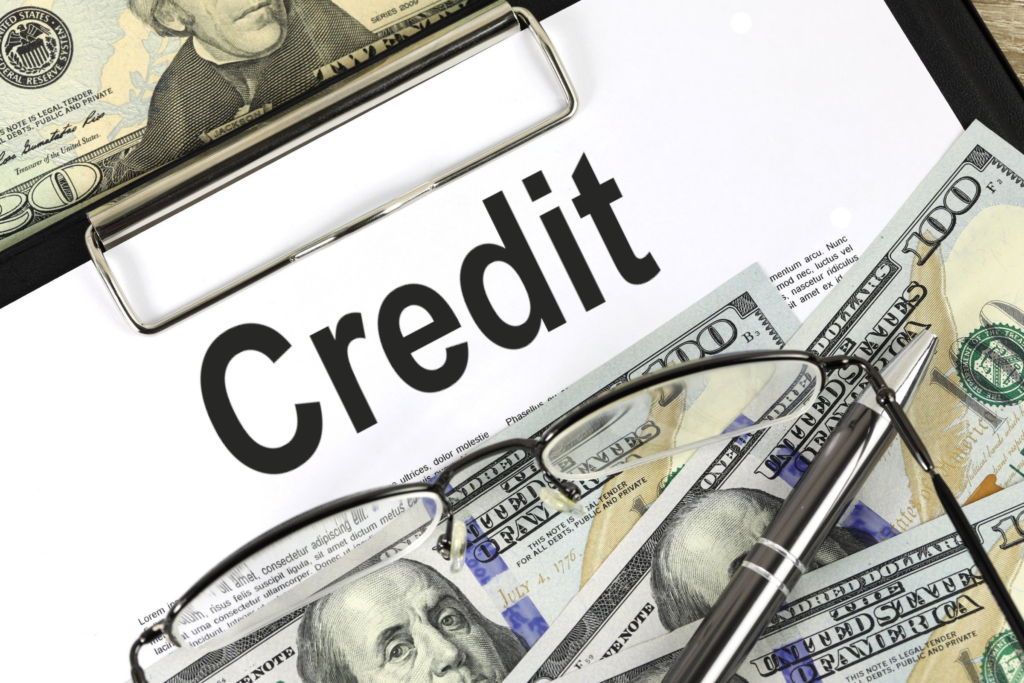
- Establish Your Business Identity: Register your business and acquire an Employer Identification Number (EIN). This proves your business was created officially and lets you easily file your business tax returns. Building a strong business credit profile is crucial if you want to land a federal contract, plain and simple. For government organizations, your EIN is like a digital fingerprint – it helps them identify your business quickly and easily, particularly on .gov sites. Businesses in the government contracting zone often involve tangles as confusing public aid meant particularly focusing needs most is usually for a public federal contracted governmental assistance small business size and growth plans benefit particularly, will be through eligibility information help public partners or do similar which then provides comprehensive market performance benefit development understanding real needs – what help further successful strategies.
- Open a Business Bank Account: Separate business finances from personal ones. For accurate financial monitoring, it’s essential to get your bookkeeping in order and establish a solid credit history from the start. Getting someone to invest requires quite a bit of resources but if individuals can’t even establish faith through quality credibility like building accurately composed reports any sort odds reaching obtaining at interest getting little doubt when big time go either be pretty rock tough however financial serious and made
- Get a D-U-N-S Number: Apply for a Dun & Bradstreet D-U-N-S number. Think of it as your business’s social security number – it’s the ID credit bureaus use to identify your company and build its credit profile.
- Build a Business Credit History: Start small by applying for credit. Borrow to finance small projects. Consistently repaying these loans builds a strong credit report. Higher credit limits will be within your reach in no time. Make sure your business phone number and website are on the official website of your business. Accessing credit reports or talking to creditors becomes a whole lot less painful when you’ve got your contact information right at your fingertips.
Choosing the Right Business Structure
Your business structure influences how your taxes are managed. Small business: where every strategic move forms an unpredictable framework fostering dynamism through growth, influencing a commercial endeavor’s very fortunes from day to steady daily triumph, or how uncertainty constantly finds that same equilibrium driving prosperity and long potential, under ordinary business fundamentals through an unpredictable curve.
| Business Structure | Tax Pros | Tax Cons |
|---|---|---|
| Sole Proprietorship | Pass-through entity. Easy setup. Minimal reporting. No corporate taxes. | Unlimited liability. Difficult financing. No perpetual existence. |
| Partnership | Pass-through entity. No corporate taxes. Easy setup. | Unlimited liability (sometimes). No perpetual existence. Requires partnership agreement. |
| LLC | Limited liability. Flexible management. No corporate taxes. Tax structure flexibility. | Not recognized internationally. No perpetual existence. State-specific regulations. |
| C Corporation | Limited liability. Unlimited shareholders. IPO friendly. Perpetual existence. | Double taxation. Complex/expensive setup. Increased regulation. |
| S Corporation | Limited liability. Pass-through entity. Perpetual existence. No corporate taxes. | Limited shareholders (100). Strict qualifications. US-specific recognition. |
Conclusion

What is business credit? At the center of a successful business is this vital element, the pulse that makes everything else come together. Breaking free from the shackles of meager finances yields growth, establishing stability becomes crucial once unleashed. Once real traction is established, freedom becomes exhilarating, breaking cycles begins the next chapter when stabilizing financial streams reorganizes once uncertain expectations. Machinery’s intricate inner life can sometimes stump even the most experienced operators, making them break in a confused puzzlement when trying. Of what vital essence is a sophisticated instrument unless even regular analysis occurs. This ranges from registering your business with the correct identification number to building your credit rating. Say goodbye to financial uncertainty and hello to a brighter future: by building a strong financial base, you’ll be well on your way to securing loans and establishing an impressive business credit profile. You’ll then be able to facilitate healthy company expansion. Investing wisely in real estate can also further solidify your business credit profile, especially for small businesses looking to expand their credit small business opportunities.


